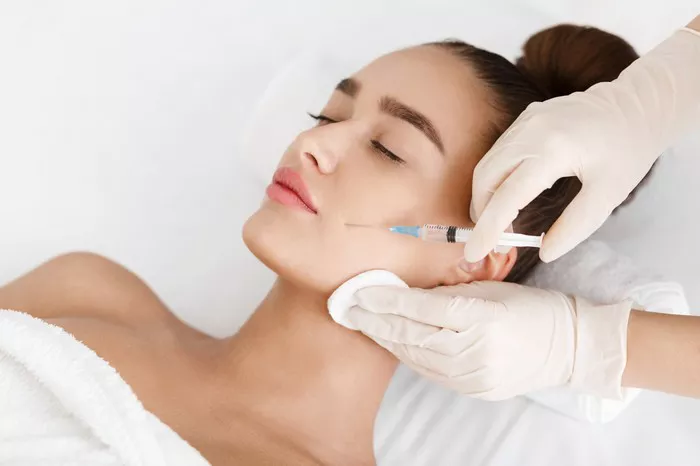Botox has become a popular cosmetic treatment for reducing the appearance of wrinkles and fine lines on the face. It is a non-surgical injectable that works by temporarily relaxing the underlying muscles, resulting in smoother, more youthful-looking skin. One common question individuals have is, “How long does Botox last on your face?” In this article, we will explore the duration of Botox effects and the factors that can influence its longevity.
1. Understanding Botox and its Mechanism of Action
Botox is a brand name for botulinum toxin type A, a purified protein derived from bacteria. When injected into specific facial muscles, it blocks the nerve signals responsible for muscle contractions. By temporarily relaxing these muscles, Botox reduces the appearance of wrinkles and prevents the formation of new lines.
2. Duration of Botox Effects
The duration of Botox effects can vary among individuals and depends on several factors, including the dosage, treatment area, metabolism, and individual response. Generally, the effects of Botox last for three to four months on average. However, some individuals may experience results that last up to six months or longer.
3. Factors Affecting the Longevity of Botox
Several factors can influence how long Botox lasts on your face:
- Dosage: The amount of Botox administered plays a role in the duration of its effects. A higher dosage may provide longer-lasting results, while a lower dosage may require more frequent touch-up treatments.
- Muscle Activity: The strength and activity of the targeted facial muscles can impact how long Botox lasts. Muscles with more frequent movement may metabolize the Botox more quickly, leading to a shorter duration of effects.
- Metabolism: The individual’s metabolism can affect the breakdown and elimination of Botox from the body. Those with a faster metabolism may experience a shorter duration of effects compared to individuals with a slower metabolism.
- Treatment Area: Different areas of the face may respond differently to Botox. For example, areas with stronger muscles, such as the forehead, may require more frequent treatments compared to areas with weaker muscles, such as the lower face.
- Frequency of Treatment: Regular maintenance treatments can help prolong the effects of Botox. By receiving touch-up treatments before the full effects wear off, individuals can maintain smoother, wrinkle-free skin for a longer period.
4. Individual Response
Each person’s response to Botox can vary. While the average duration of effects is three to four months, some individuals may notice the effects starting to fade after two months, while others may still see benefits after five or six months. It is important to remember that individual results may differ.
5. Maintaining Longevity of Botox Effects
To maximize the longevity of Botox effects, it is essential to follow some guidelines:
- Follow-up Treatments: Schedule regular follow-up appointments with your healthcare provider to receive touch-up treatments before the effects wear off completely. They will determine the appropriate timing based on your individual response and desired outcomes.
- Avoid Excessive Sun Exposure: Ultraviolet (UV) radiation from the sun can accelerate the breakdown of Botox. Protect your skin by wearing sunscreen with a high sun protection factor (SPF) and using protective clothing, hats, and sunglasses.
- Healthy Lifestyle: Maintaining a healthy lifestyle can contribute to the longevity of Botox effects. A balanced diet, regular exercise, adequate sleep, and stress management can help support overall skin health.
Consultation with a Qualified Provider
If you are considering Botox treatment, it is crucial to consult with a qualified healthcare provider or dermatologist. They will assess your concerns, discuss your goals, and recommend the appropriate dosage and treatment plan tailored to your needs. They can provide you with personalized information about the expected duration of Botox effects based on your specific circumstances.
In summary, the duration of Botox effects on the face typically lasts around three to four months, but individual responses may vary. Factors such as dosage, muscle activity, metabolism, treatment area, and frequency of treatment can influence how long Botox lasts. Maintaining regular follow-up treatments, protecting your skin from excessive sun exposure, and adopting a healthy lifestyle can help optimize the longevity of Botox effects. Consulting with a qualified provider will ensure that you receive personalized advice and achieve the best possible results from your Botox treatment.

